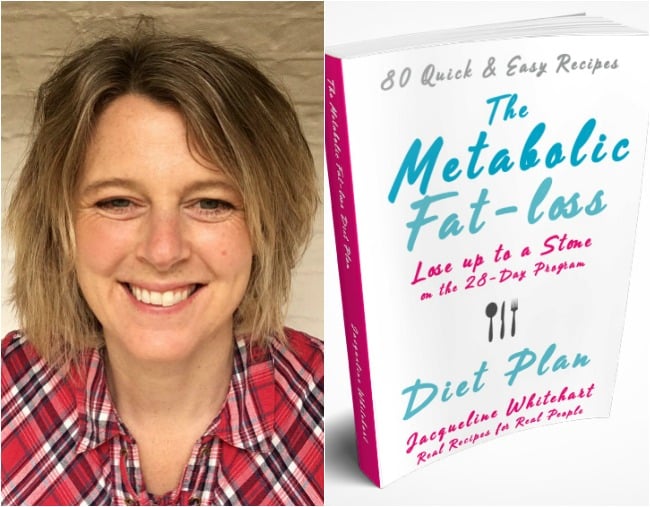It’s almost New Year’s Day, and you can bet with it among the bottles of champagne popped will be millions of resolutions made to lose weight and get healthy in 2018.
Jacqueline Whitehart, author of the 5:2 Fast Diet Recipe Book, knows this of course, which is why her new diet book was released this week, just in time for a ‘new year, new you’.
Claiming that her previous diet had become too “difficult” to fit into her lifestyle anymore, Whitehart told Daily Mail she’d developed a new diet over two years that participants would lose weight following without the days of fasting.

It's called the Metabolic Fat Loss Diet Plan and it involves four alternating phases over 28 days: Detox and De-stress, Protein and Healthy Fats, Better Carbs and Balanced Eating.

Top Comments
People who follow diets like this are morons.
You mean, everyone’s heard about her old diet, now it’s time to come up with something new so she can sell more books.